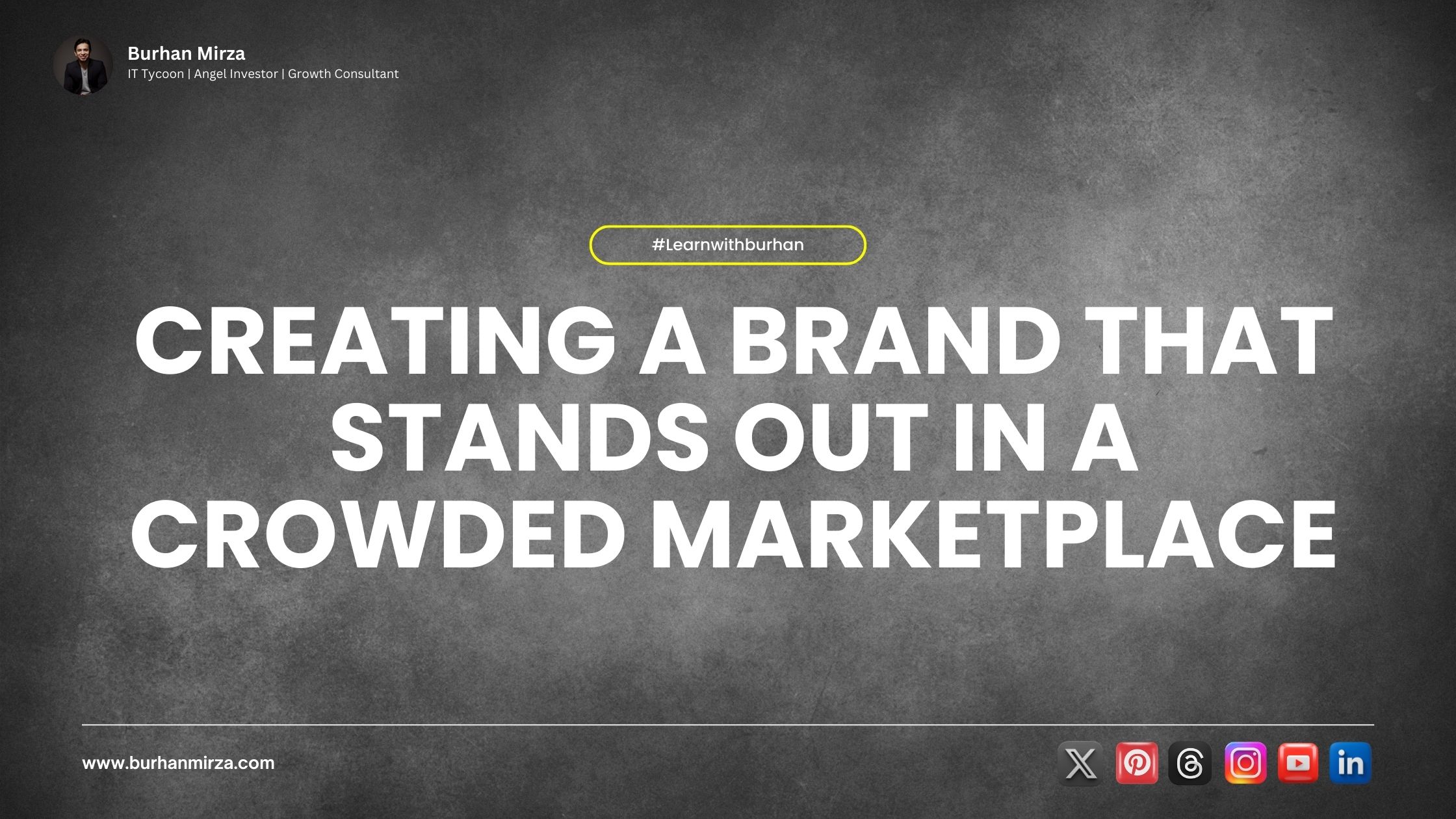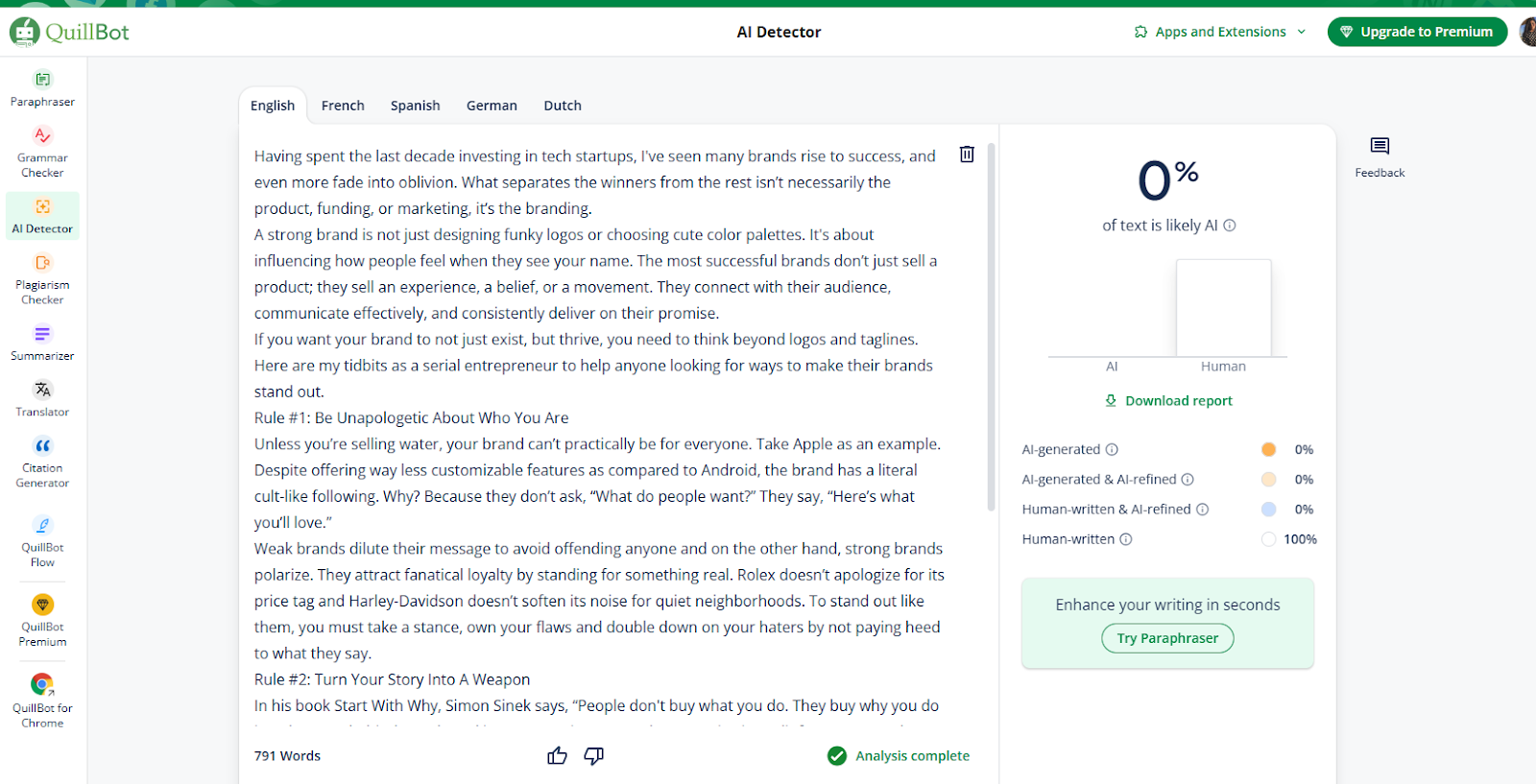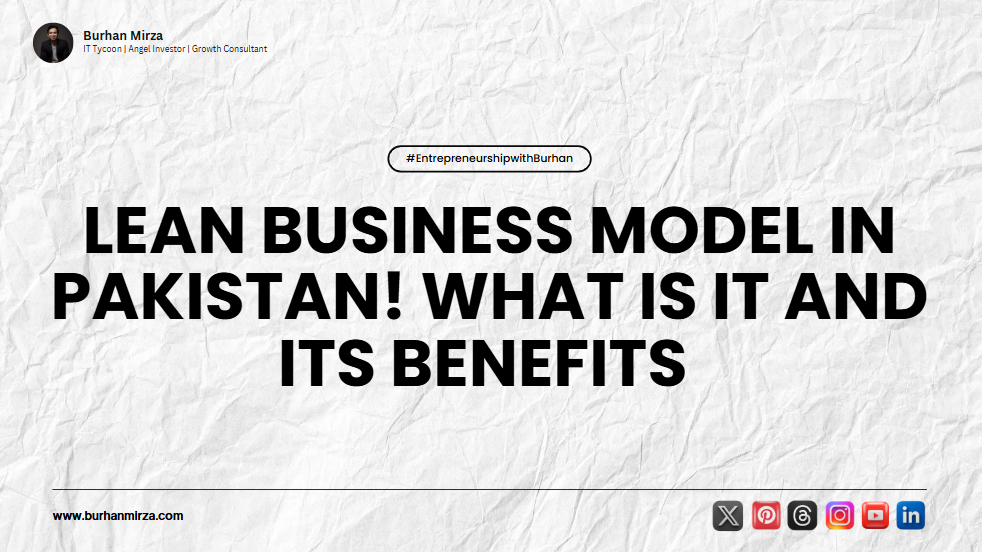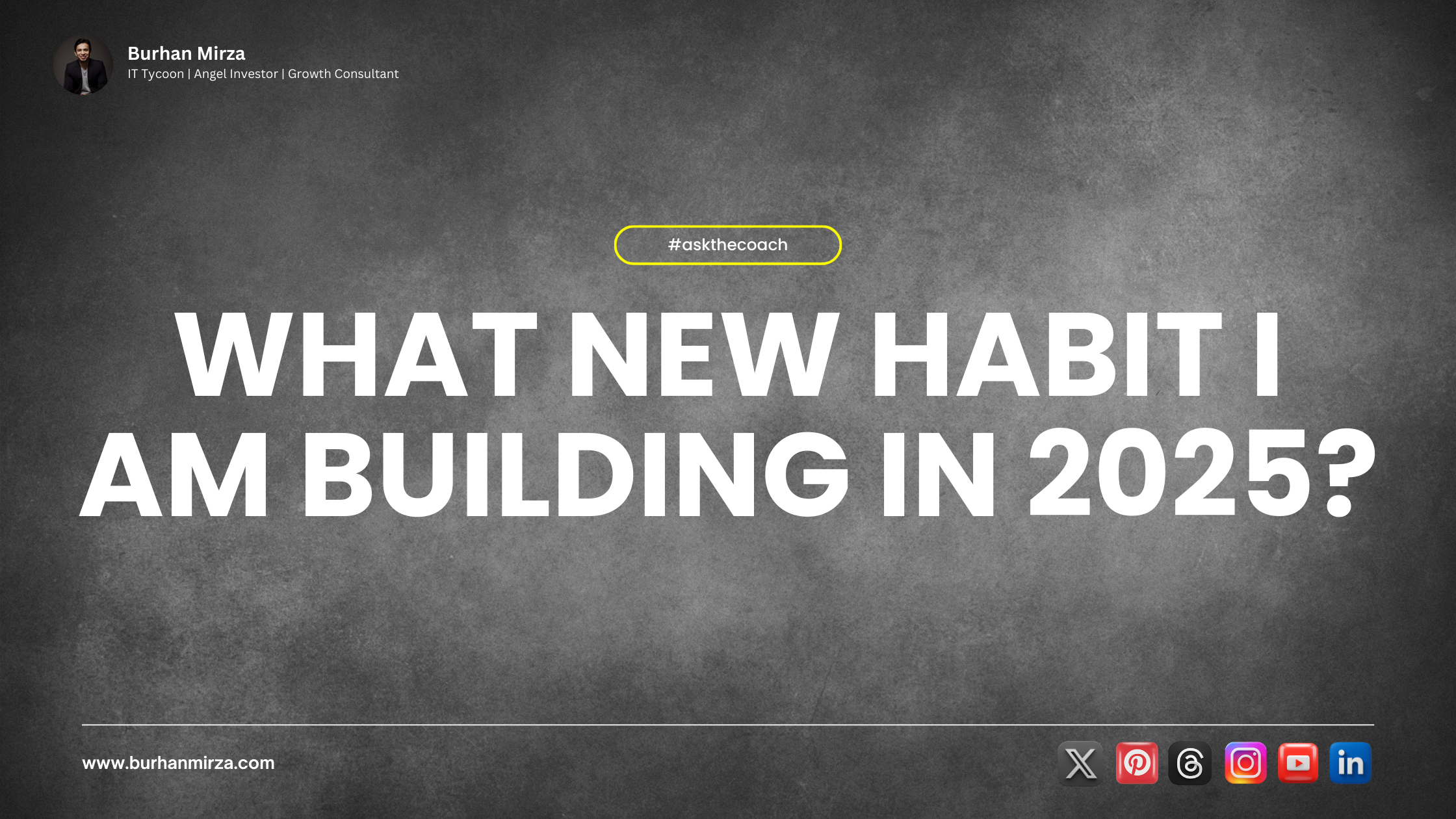 Blogs
Blogs
Creating a Brand That Stands Out in a Crowded Marketplace

Having spent the last decade investing in tech startups, I've seen many brands rise to success, and even more fade into oblivion. What separates the winners from the rest isn’t necessarily the product, funding, or marketing, it’s the branding.
A strong brand is not just designing funky logos or choosing cute color palettes. It's about influencing how people feel when they see your name. The most successful brands don’t just sell a product; they sell an experience, a belief, or a movement. They connect with their audience, communicate effectively, and consistently deliver on their promise.
If you want your brand to not just exist, but thrive, you need to think beyond logos and taglines. Here are my tidbits as a serial entrepreneur to help anyone looking for ways to make their brands stand out.
Rule #1: Be Unapologetic About Who You Are
Unless you’re selling water, your brand can’t practically be for everyone. Take Apple as an example. Despite offering way less customizable features as compared to Android, the brand has a literal cult-like following. Why? Because they don’t ask, “What do people want?” They say, “Here’s what you’ll love.”
Weak brands dilute their message to avoid offending anyone and on the other hand, strong brands polarize. They attract fanatical loyalty by standing for something real. Rolex doesn’t apologize for its price tag and Harley-Davidson doesn’t soften its noise for quiet neighborhoods. To stand out like them, you must take a stance, own your flaws and double down on your haters by not paying heed to what they say.
Rule #2: Turn Your Story Into A Weapon
In his book Start With Why, Simon Sinek says, “People don't buy what you do. They buy why you do it.”. The story behind your brand is way more important than you give it credit for. For example, Nike doesn’t just sell shoes, it sells the idea of pushing beyond your limits. That’s why most of their ads and even their iconic tagline Just Do It, are all about the human potential, not the shoes themselves.
As a brand owner, you must sit down and write your brand story. What is the problem you’re trying to solve? Why are you starting this brand? How can others benefit from your brand? Also, write without using hi-fi corporate jargon. People want to connect with humans, not robots.
Rule #3: The 3-Second Test—Can People Get Your Brand Instantly?
If someone lands on your website or social media feed, can they immediately understand what you do and why you’re so different? Most brands fail this test. Their messaging is vague, or worse, they use industry jargon that means nothing to an average person.
Try this instead. Show your homepage or tagline to a 10-year-old and ask them what they think your company does or offers. If they can’t answer correctly, simplify it. There’s no point having content, design, layout or aesthetic which people can't even understand.
Rule #4: Don’t Compete on Price—Compete on Value
The moment your brand becomes a mere “cheaper alternative,” you’ve lost the fight. Competing on price is just a race to the bottom. Even if you make a profit in the beginning, there will always be someone cheaper popping up. Then what? Will you keep lowering your price?
Instead, differentiate yourself based on quality, experience, or exclusivity. Ask yourself: What makes my brand worth paying more for? If you don’t have a solid answer, work on building one. When you compete on value, you can build a loyal customer base. That's why Coca Cola and Pepsi rule the soda industry. They offer value, not compete over prices.
Rule #5: Build a Cult, Not Just a Customer Base
When creating a brand, your focus should be on building a tribe, not just selling products. Become a brand that people get tattooed over their bodies and for whom they line up during launches. Why? Because People leave products but they don’t leave identities.
Want die-hard fans instead of just customers? Make your brand part of who they are. Give them something to show off (like an exclusive logo). Create special traditions they'll look forward to. Let them help build what you sell. Develop your own inside jokes and lingo. Suddenly, you won’t be just selling stuff, you’ll be selling a vibe. That's how you turn shoppers into superfans who rep your brand for free. No ads needed - just real connection.
Final Thought: Great Brands Play the Long Game
Branding isn’t a one-time deed, it’s a never-ending commitment. The brands that stand out don’t chase trends; they create movements. They don’t just sell products; they build tribes.
So ask yourself: Are you just running a business, or are you creating something that will be remembered? Your move.

 Muhammad Burhan Mirza
Muhammad Burhan Mirza My Story
My Story Events
Events Social Highlights
Social Highlights Books
Books Blog
Blog Press Kit
Press Kit  Contributions
Contributions 

